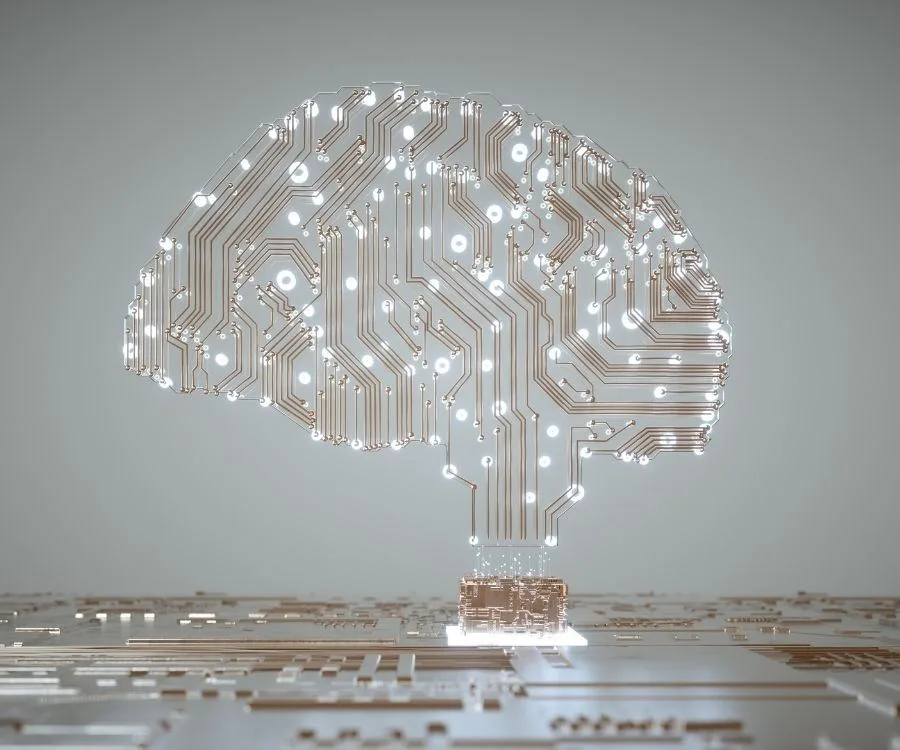We’ve all had those mornings where we want to press the snooze alarm a total of 38 more times before pulling ourselves from the cosy covers, but unfortunately, duty often calls.
Feeling sluggish, foggy and a wee bit out of it in the morning certainly isn’t new. Many new parents will testify to the total disarray they feel after a few weeks of sleepless nights (along with party animals, study crammers and stressed corporate girlies, everywhere).
Well, TikTok reckons it has a reason for this, and the creators on the platform are calling it ‘Dirty Brain Water’.
TikTok introduces the idea of ‘dirty brain water’

TikToker Robyn Northam (@robynlouisen) shared this notion on the app saying that she ‘learned it last night’ and was having an ‘existential crisis’ over the news.
“Your brain is surrounded by liquid,” she explained. “And when you sleep, your brain sucks that liquid in through its pores and then cleans the liquid and releases it again so that your brain isn’t sitting in dirty brain water”
“This is what’s responsible for brain fog, baby brain, fatigue, crankiness,” she said. “All of the things you feel when you wake up and you think ‘I’m still tired’ that’s because your brain water is dirty.”
It does sound like a wild concept, but is there any truth to it?
Does the brain clean itself at night?

The phenomenon of the brain ‘cleaning itself’ is not actually that new. Harvard Health Publishing has written about the brain’s ‘waste management system’ before.
“Like people, in order to have the energy to do their work, brain cells need to eat (to absorb, primarily, sugar and oxygen),” it states. “And, as in people, meals lead to wastes that need to be disposed of.”
The publication adds, “The waste management system (called the glymphatic system) is a series of tubes that carry fresh fluid into the brain, mix the fresh fluid with the waste-filled fluid that surrounds the brain cells, and then flush the mix out of the brain and into the blood. This occurs primarily during deep sleep.”
While more research needs to be completed to form definitive links, there is early evidence from research that an ‘under-functioning waste system’ could be a reason for degeneration of the brain. The Harvard article suggests that the phenomenon could be tied to other brain disorders, such as Alzheimer’s.
“Why do we sleep? We know it helps to rest the body and to consolidate memories and learning. Perhaps we also need to sleep to flush wastes from our brain?” it writes.
What does a neuroscientist think?

We sat down with neuroscientist and host of the Thriving Minds podcast, Professor Selena Bartlett, to find out what this is all about.
She tells marie claire Australia that the TikTok isn’t exactly accurate in the idea that your brain sits in ‘water’. It actually floats in something called ‘cerebrospinal fluid’.
What the TikToker is talking about is an extension of the body’s existing lymphatic system, which is part of the immune system and helps to move toxins out of the body. This ‘glymphatic system’ in the brain was discovered fairly recently, so Barlett believes that is why it’s popping back up online.
A recent review of the glymphatic system found that “the glymphatic network serves as a ‘front end’ for waste clearance, and is connected downstream to an authentic lymphatic network.” Essentially, this system we’re so wowed by in the brain is very similar to what the whole body is doing on a regular basis.
Professor Bartlett says that better sleep is known to help the lymphatic system do its job, and so it follows that consecutive nights of poor sleep would impact the function of the brain’s lymphatic system. In a sense, TikTok is right in that we may experience brain fog due to poor glymphatic waste removal, although the exact term ‘dirty brain water’ is an oversimplification.
So yes, this is your official ‘ok’ to press snooze and get that full eight hours.










